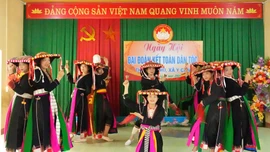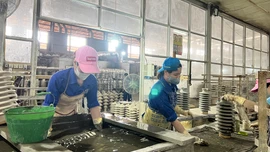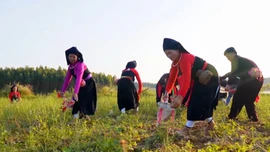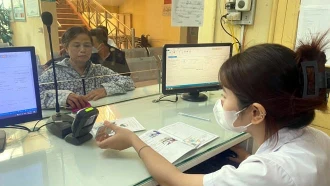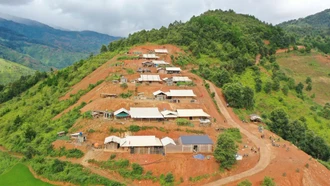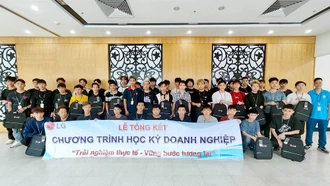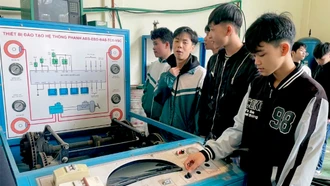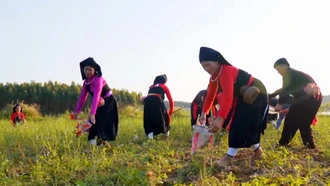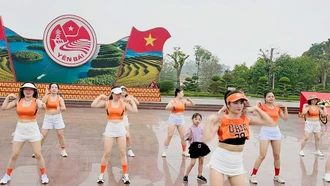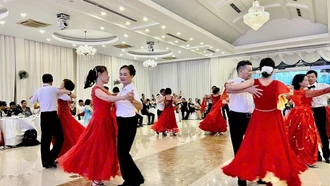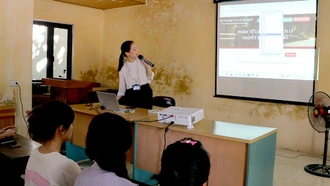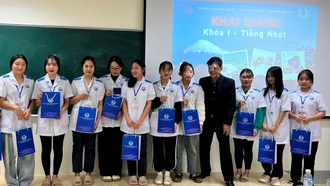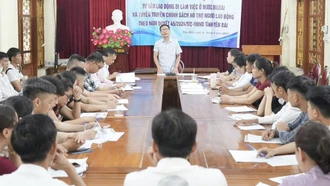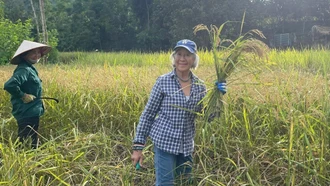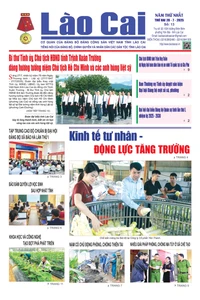A total of 99,504 people received vocational training, including: 8,459 at the college level, 15,710 at the intermediate level, and 75,335 through elementary or short-term courses (under 3 months). By the end of 2024, the proportion of trained workers reached 69.1%.
The province transitioned 39,289 workers from agriculture to non-agricultural sectors such as industrial production, construction, tourism, business, and retail, etc. The number of vocationally trained workers has largely met the skill requirements of local enterprises in terms of both qualifications and occupations.
Yen Bai has also proactively invested in human resource development through various initiatives such as industrial promotion, trade promotion, and training support for cooperatives and production groups, as well as value chain linkage models and the "One Commune, One Product†program. In addition, local businesses have been proactive in training and recruiting skilled labor, gradually improving workforce quality.
To further enhance workforce quality, Yen Bai continues to strengthen vocational training, employment solutions, and labor restructuring. The province is effectively implementing vocational orientation and enrollment strategies, encouraging junior and senior high school graduates to pursue vocational education at colleges and technical schools. It is also renewing and improving vocational education to meet the demands of businesses and the labor market, while promoting enterprise involvement in vocational training.
Efforts are being made to improve the quality and effectiveness of vocational training for rural workers, with a focus on those from poor and near-poor households, ethnic minorities, and laborers preparing to work abroad under contract. The province is organizing training sessions based on enterprise needs, aligned with local industry restructuring and development planning.
Yen Bai is also working to build a strong pool of workers for labor export to high-income and stable markets, and to effectively implement socio-economic development policies and investment attraction initiatives. These efforts particularly target major investors in industry, tourism, and services, aiming to attract and retain local labor, improve productivity, raise income levels, and create sustainable employment opportunities across the province.
Manh Cuong











